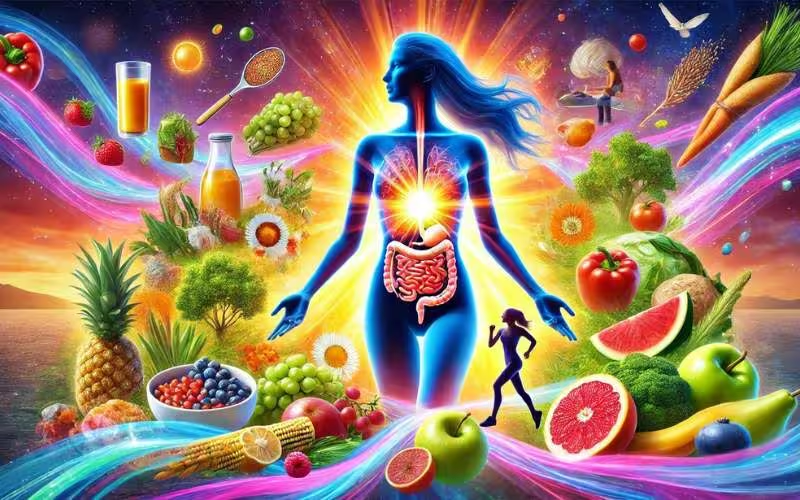
Understanding metabolism is crucial for those embarking on a weight loss journey. Often misconceived as a mysterious aspect of our physiology, metabolism is fundamentally the process by which our bodies convert food into energy. This energy fuels all bodily functions, from breathing to thinking to exercising. However, the efficiency and speed of this metabolic process can vary significantly among individuals, influencing the ease or difficulty with which one loses weight.
The Basics of Metabolism

Metabolism comprises two primary processes: catabolism and anabolism. Catabolism is the breakdown of molecules to obtain energy, while anabolism is the synthesis of all compounds the cells need. Together, these processes determine the overall metabolic rate, which is influenced by several factors:
- Basal Metabolic Rate (BMR): The energy expended at rest. BMR accounts for about 60-70% of total energy expenditure. Age, sex, and muscle mass can significantly impact BMR.
- Physical Activity: The energy used during any movement, from walking to intense exercise. This is the most variable component of energy expenditure.
- Thermic Effect of Food (TEF): The energy required for digestion, absorption, and metabolism of nutrients. TEF represents about 10% of daily energy expenditure and varies depending on the diet’s macronutrient composition.
Debunking Metabolism Myths
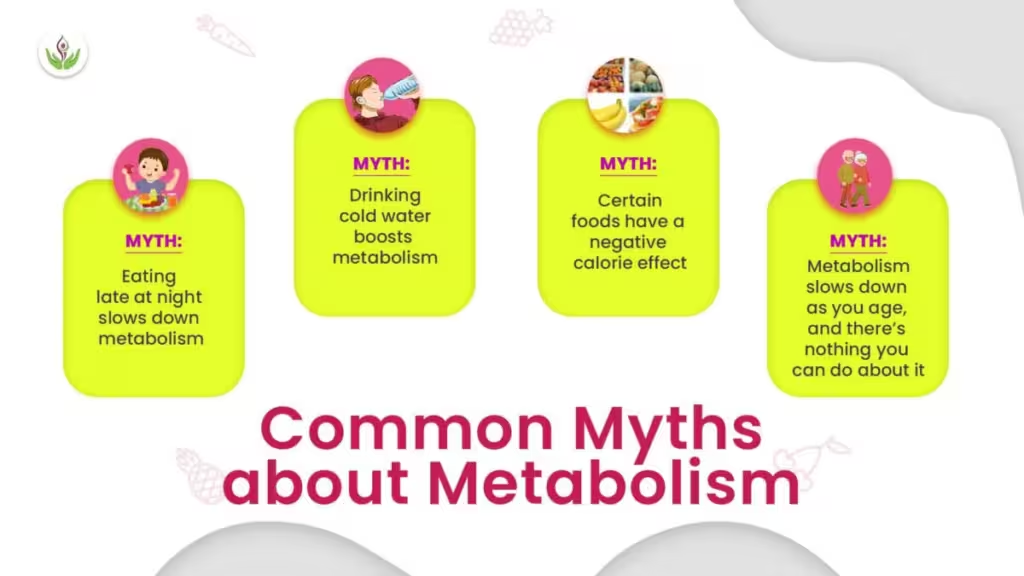
Many myths surround metabolism and weight loss. One common misconception is that skinny people have faster metabolisms. Healthline explains how those with more muscle mass often have higher BMRs, regardless of their body size. Another myth is that drastic calorie cutting will speed up weight loss. While it might yield short-term results, significant calorie restriction can slow metabolism as the body shifts into energy conservation mode.
Strategies to Boost Metabolism
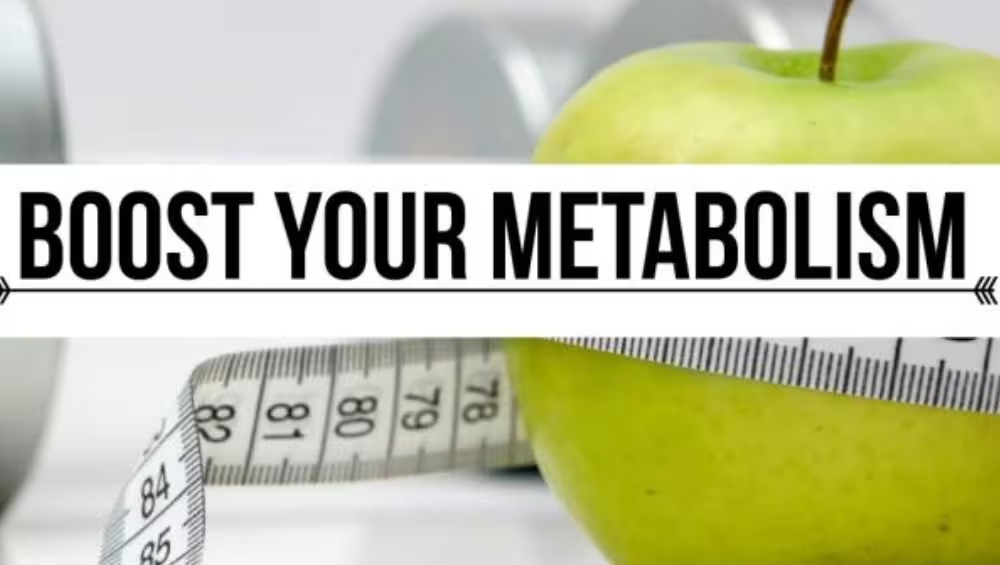
Enhancing metabolism is possible with scientifically backed approaches. Here are several strategies to consider:
- Increasing Physical Activity: Engaging in both aerobic exercises, like cycling or swimming, and strength training can increase muscle mass, thereby elevating BMR.
- Eating Protein-Rich Meals: Protein has a higher thermic effect compared to fats and carbohydrates, meaning it requires more energy to digest. Incorporating sources like lean meats, legumes, and full-fat Greek yogurt can be beneficial.
- Staying Hydrated: Adequate water intake is essential, as dehydration can slow metabolic processes. Drinking cold water might also temporarily boost metabolism as the body works to heat it to body temperature.
- Getting Enough Sleep: Chronic sleep deprivation is linked to slower metabolism. Prioritizing quality sleep can support metabolic health.
The Role of Diet in Metabolism
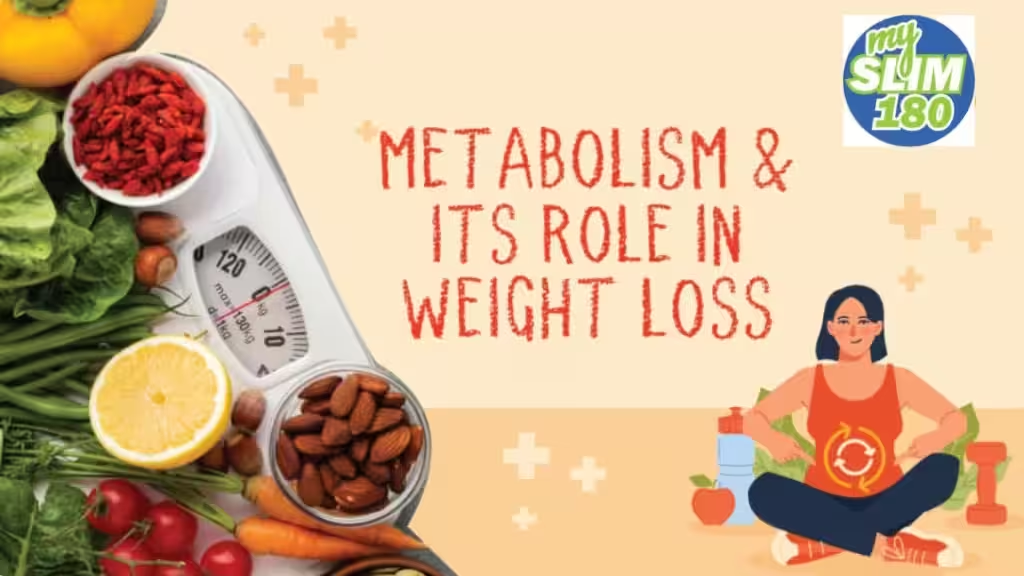
Diet plays a pivotal role in regulating metabolism. Slim180 Weight Loss provides nutritional guidance for smarter food choices, one-on-one support, and accountability. Moreover, the tools to reset your metabolism provide the tools for long-term weight loss, supporting a more robust metabolic rate.
Conclusion
Metabolism is a complex but manageable factor in the weight loss equation. Individuals can effectively enhance their metabolic rate by debunking myths, understanding their components, and adopting evidence-based strategies. For those seeking a comprehensive approach to weight loss, Slim180 Weight Loss offers a wealth of resources, from expert weight loss tips to healthy recipes, designed to support you in achieving your health goals. Explore more and stay updated by subscribing to our newsletter.
This is a useful and informative guide that provides a list of foods that help boost your metabolism and maintain healthy weight loss.
FOODS TO BOOST METABOLISM
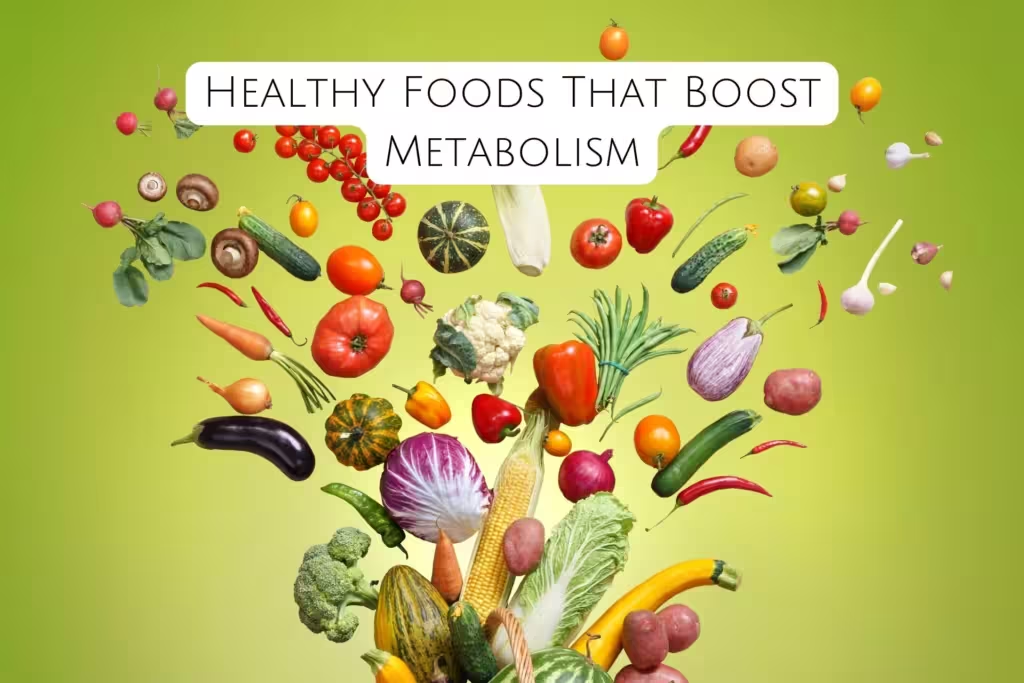
Vegetables – You need to eat daily vegetables so your body has enough vitamins and nutrients. Luckily, there are many vegetables to choose from, and below, we have listed just a few:
– Broccoli
– Onions
– Peppers
– Spinach
– Asparagus
– Cabbage
– Garlic
– Carrots
Fruits: If you crave something sweet but don’t want to eat sugary, processed foods, try munching on one of these fruits!
– Pineapple
– Oranges
– Apples
– Strawberries
– Peaches
– Grapefruit
Carbs & Grains
– Brown Rice
– Sweet & Gold Potatoes
– Oatmeal
– Whole Wheat Bread
Lean Proteins:
– Steak
– Eggs
– Poultry
– Salmon
– Tuna
